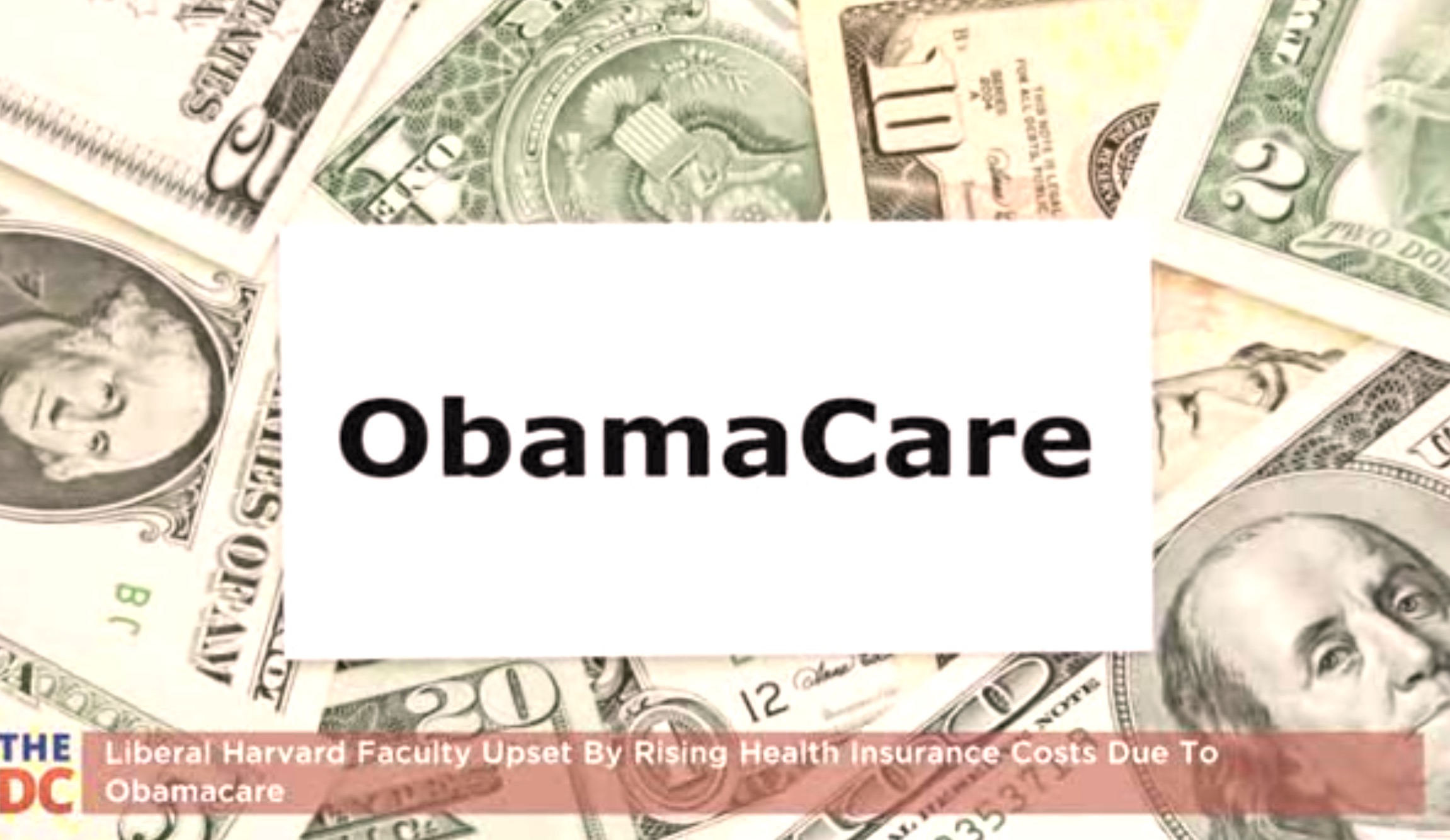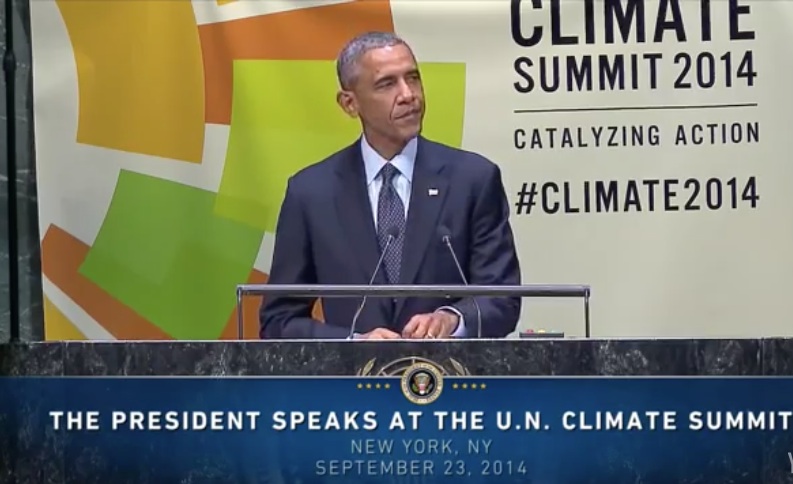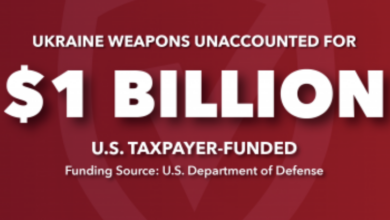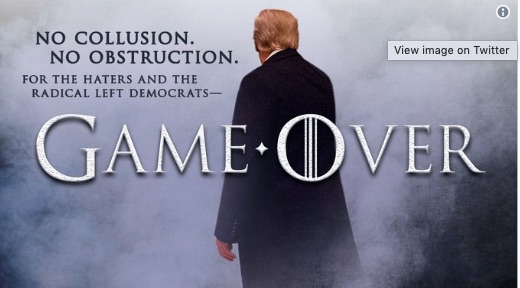
Today the Supreme Court will hear oral arguments on the King v. Burwell case.
A victory for the plaintiffs would liberate Americans from ObamaCare mandates in the more than 30 states that are using the federal exchanges.
Let’s hope Chief Justice John Roberts gets it right this time.
The Competitive Enterprise Institute (CEI) outlined the 3 key issues that you should know about the case.
On March 4, the Supreme Court will hear oral argument in King v. Burwell, which challenges an IRS regulation imposed under the Affordable Care Act, better known as Obamacare. The regulation violates the law and illegally provides subsidies on both state and federally-established health insurance exchanges after more than 30 states chose to stay out of the program. Here’s what you need to know:
1. The plaintiffs in King v. Burwell represent millions of Americans harmed by Obamacare, including those who lost their health plans, doctors or jobs, and those whom the law forces to pay higher insurance premiums and taxes.
King v. Burwell is about choice, freedom, and fairness. A win for the King plaintiffs could free millions of Americans from Obamacare mandates and penalties in more than 30 states. Many of these Americans, like the plaintiffs, could gain the freedom to choose the best health plan for them and their families without the government forcing them to either enroll in health coverage or pay an unfair tax penalty.
2. King v. Burwell could pave the way for more healthcare alternatives that would give people the freedom to choose more affordable plans, improve transparency, and offer states more flexibility.
The IRS knowingly and deliberately created this mess, and if the King plaintiffs win, lawmakers have a responsibility to act. There are a range of ways in which Congress, the administration and the states can work together to protect all Americans, including the most vulnerable among us, from the harms of Obamacare and address Obamacare’s specific problems and hidden costs.
3. If the plaintiffs in King v. Burwell lose, the IRS and other federal agencies will gain the power to rewrite laws enacted by Congress. But a victory in King will be a win for the rule of law.
King v. Burwell has serious consequences beyond Obamacare. According to the Constitution, only Congress has the power to write laws, but if the King plaintiffs lose, that power will be given to agenda-driven agencies like the IRS. Given the mismanagement and lack of accountability that is already rampant among federal agencies like the IRS and the EPA, a win for the Obama administration would set a dangerous precedent. If the King plaintiffs win, it will be a victory for the rule of law that protects all Americans from government tyranny.
Learn more here.






